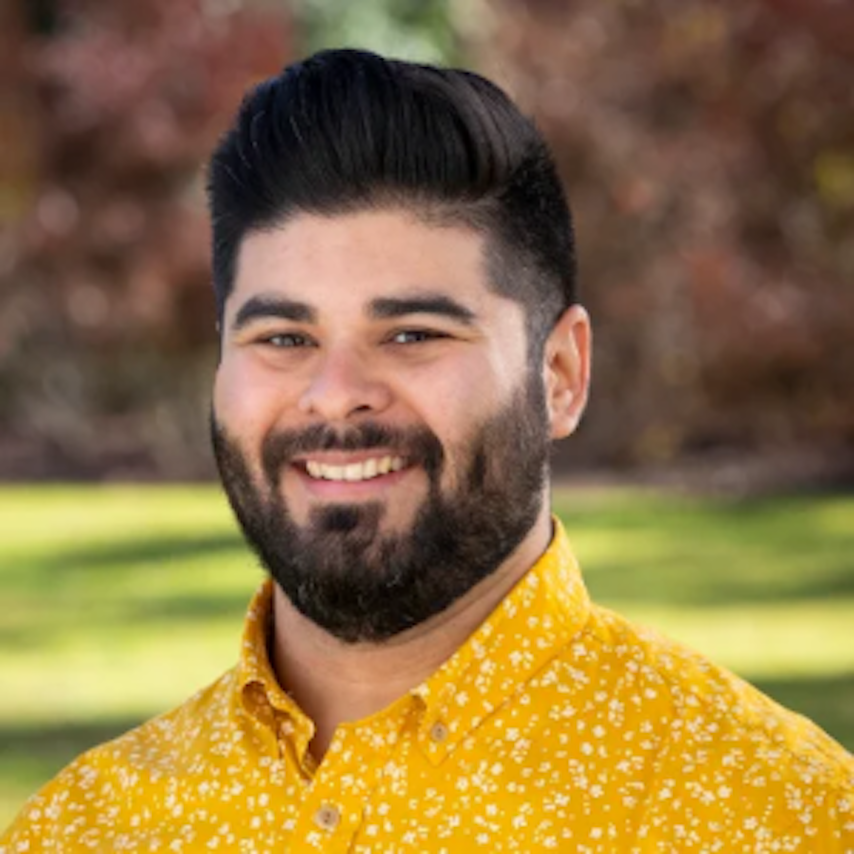Steven Arciniega


As public discourse around politics, race, gender, and identity have grown increasingly heated over the last decade, Psychology Professor Catherine Salmon began noticing a shift in her classroom and across academia. Students and faculty alike began to self-censor, fearful of possible cancelation; facing social or professional rejection online or in public for expressing opinions deemed unpopular or controversial, with the possibility of resulting reputational harm.
Intent on upholding free speech in higher education and combating cancel culture, Salmon co-edited the book, “The Free Inquiry Papers,” which explores censorship in academia and the importance of open inquiry.
“In a way, the book is about why open inquiry is important, the necessity of asking any question, and why different perspectives matter,” she said. “It speaks across all university disciplines—to leaders, administrators, and government officials who are seen as constituencies of universities, who either encourage or discourage open inquiry.”
Working with colleague and Political Science faculty Graeme Auton and co-editors Lee Jussim, Sally Satel, and Robert Maranto, Salmon is intent on drawing attention to these issues, hoping the book will “suggest ways of dealing with the problem of self-censorship and cancelation,” provide solutions, and get people talking.
“Students are afraid that something they say will end up on social media, and faculty are afraid of being judged by their peers—it creates an environment where people stop speaking and stop learning,” she said. “What’s been so problematic is the difference of perspective, political or ideological, and that the focus is not on the argument but on the ideology and demonizing the other person that sees things differently.”
To combat self-censorship in the classroom, Salmon engages with her students in a judgment-free environment, encouraging them to explore complex and controversial subjects including human sexuality, pornography, and prostitution.
“I think a huge part of teaching is making students comfortable in the classroom and making it clear that there are no questions that are off the board,” she said. “When having discussions around these topics, it’s important to frame it as understanding the roots of behavior and why people do what they do, without judging the behavior itself.”
That approach has made a difference, Salmon said. In one evaluation, a student wrote that Salmon’s class was the only place where they could “talk about anything without judgment”. She sees that kind of openness as critical for students who will go on to work in counseling, policy, and other people-focused professions.
“Balancing open inquiry with information from research and being relaxed and open with students is part of it,” she said. “There’s a path you walk being the professor who's grading them. You want to make them feel welcome and you don’t want to make them feel like you’re judging them based on what they say in class, even though you are grading them on their work. When people don’t want to talk, it’s usually because they are afraid of you or of each other.”
Salmon acknowledges that self-censorship affects faculty as well, particularly those who worry about being misunderstood or even ostracized for their views.
“Tenure is supposed to protect academic freedom so that people could study whatever question they want but most don’t take advantage of it,” she said. “It's harder for young faculty because they might feel vulnerable and end up making a habit of staying quiet.”
Ultimately, Salmon hopes “The Free Inquiry Papers” helps spark courageous conversations at all levels and creates a culture where “curiosity, evidence, and respectful disagreement” are valued.
